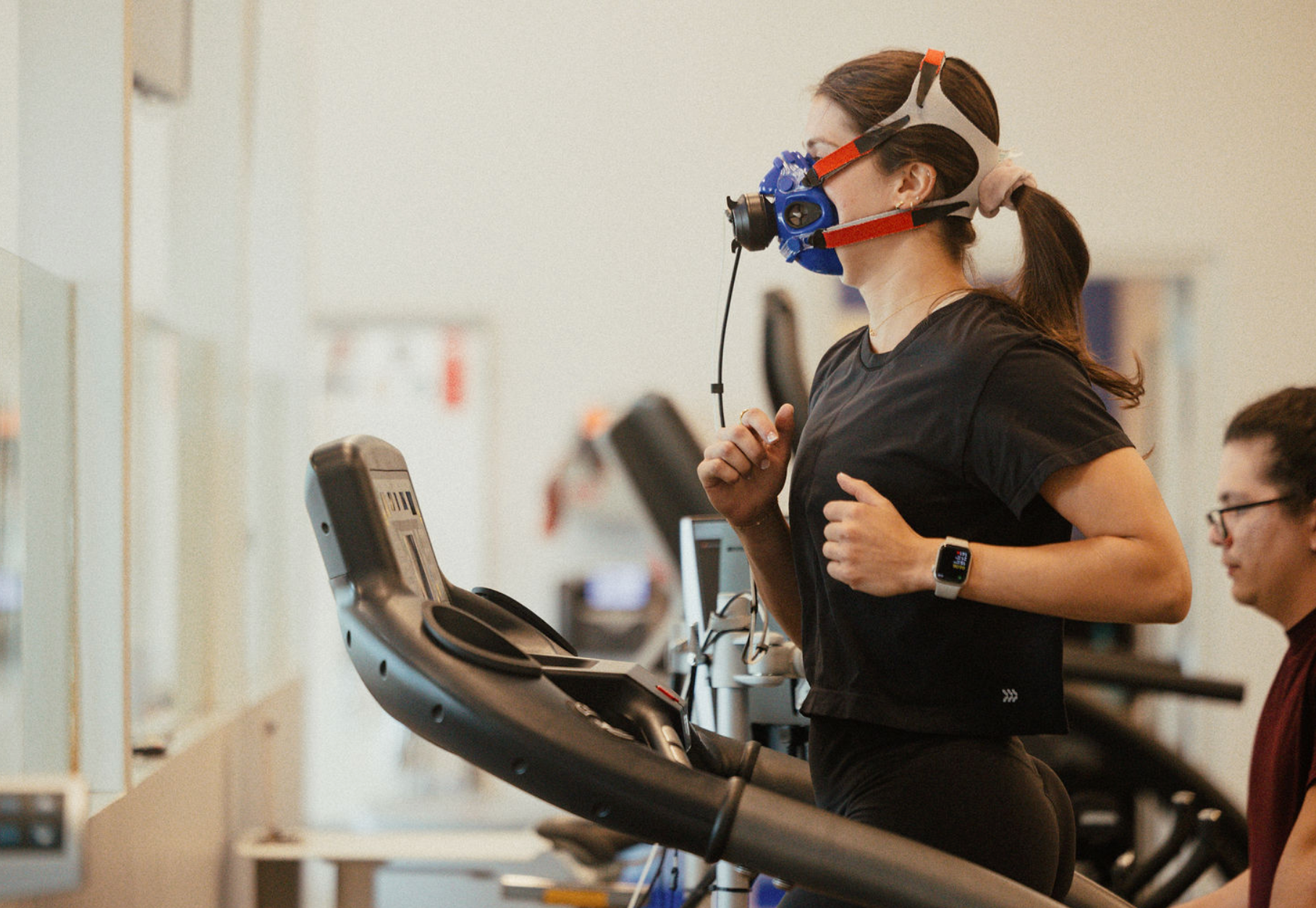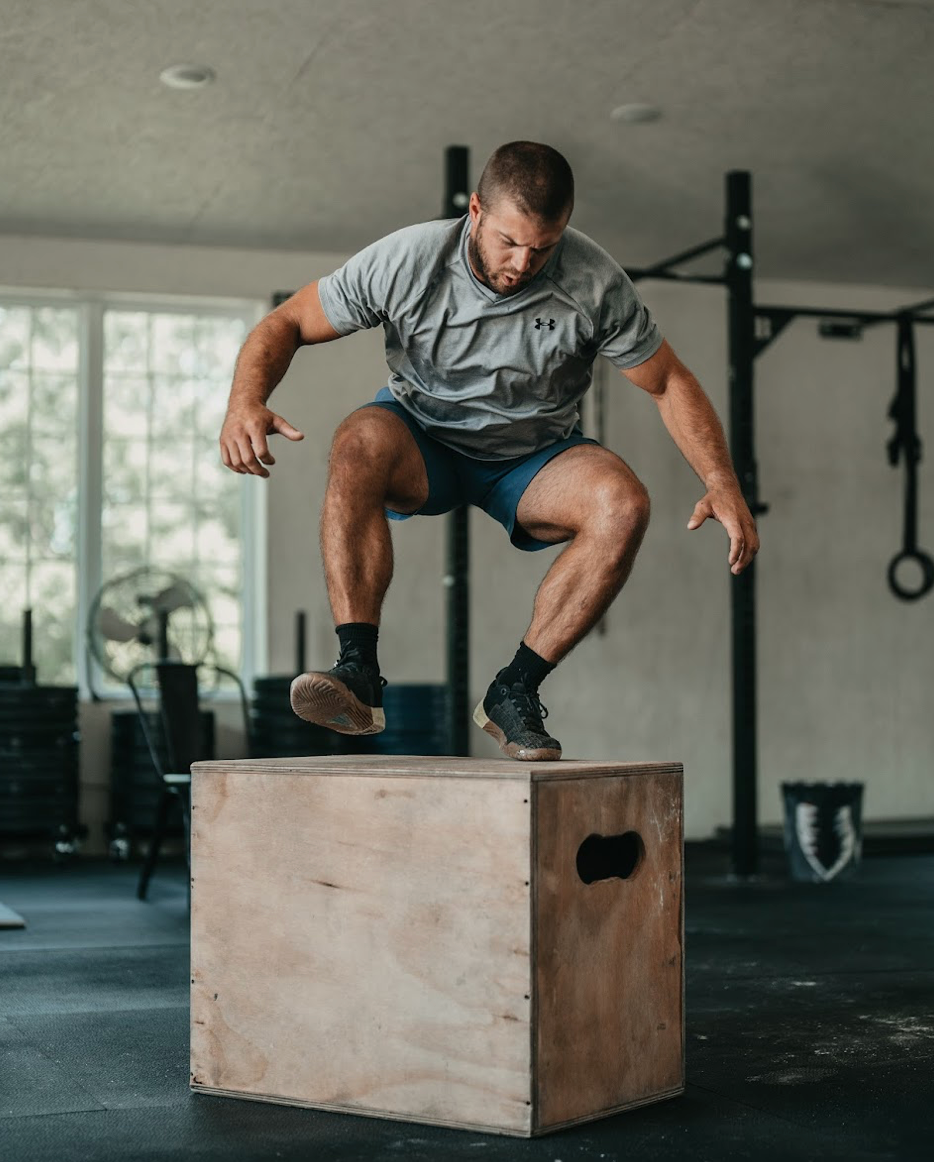Staying hydrated is crucial for everyone, but it holds even more importance for athletes and active individuals. Proper hydration is key to maintaining peak performance and overall wellness. But the question remains: how much water should I drink a day? Understanding your daily water needs can significantly impact your performance and well-being.
Why Hydration is Important
Water plays a vital role in our bodies, especially for those who are physically active. It helps regulate body temperature, cushion joints, and transport nutrients. For athletes, staying hydrated can mean the difference between a great workout and one that falls flat.
According to Harvard T.H. Chan School of Public Health, proper hydration is essential for maintaining energy levels and preventing fatigue. It also helps with recovery after intense physical activities. Here are some benefits of staying hydrated:
- Improved endurance and performance
- Better concentration and mental clarity
- Reduced risk of cramps and injuries
- Enhanced recovery and reduced muscle soreness
By understanding the importance of hydration, athletes and active individuals can take proactive steps to ensure they are consuming enough water to support their lifestyle.
How Much Water Should I Drink Per Day for Optimal Performance
The general guideline for daily water intake is around 8 cups or about 2 liters. However, this can vary based on several factors:
- Activity Level: More active individuals may require more water to make up for fluid loss through sweat.
- Climate: Hotter climates can increase the need for water.
- Body Size: Larger individuals may need more water.
For athletes and those who engage in regular exercise, water needs can increase significantly. It's important to adjust your water intake based on your workout intensity and duration. Here are some practical tips to help manage your hydration effectively:
- Set a Schedule: Drink water at regular intervals rather than waiting until you feel thirsty. This helps maintain a consistent hydration level.
- Monitor Your Intake: Keep track of how much water you consume daily. This can be done using a water bottle with measurements or a hydration app.
- Listen to Your Body: Pay attention to signs of dehydration such as dry mouth, fatigue, or dark-colored urine. Adjust your intake accordingly.
- Hydrate Before, During, and After Exercise: Drink water before starting your workout, take sips during exercise, and replenish fluids afterward to support recovery.
- Incorporate Hydrating Foods: Include fruits and vegetables with high water content, like cucumbers and watermelons, in your diet.
- Use Electrolyte Supplements: Consider supplements that help balance electrolytes, especially after intense workouts. Explore Xendurance's range for options that support hydration and performance, including the Hydro 20 Pack and Extreme Endurance.
By tailoring your water intake to your personal needs and activity levels, you can support your body's performance and recovery effectively.
How Much Water Should a Person Drink a Day?
When considering how much water a person should drink each day, it's important to remember that individual needs can vary. Factors such as age, gender, and health conditions play a significant role in determining the right amount of water for each person. For instance:
- Age: Children and older adults may have different hydration needs compared to young and middle-aged adults.
- Gender: Men typically require more water than women due to differences in body composition and muscle mass.
- Health Conditions: Certain medical conditions, like kidney disease or heart problems, can affect how much water you should consume.
Understanding these variations is crucial to maintaining proper hydration levels and avoiding dehydration. According to the Mayo Clinic, dehydration can lead to symptoms such as dry mouth, fatigue, and dizziness, which can affect daily activities and athletic performance.
Risks of Overhydration
While staying hydrated is essential, it's also possible to drink too much water, leading to overhydration. This condition, also known as water intoxication, can lower the sodium levels in your blood, causing a serious imbalance. Symptoms of overhydration include:
- Nausea and vomiting
- Headaches
- Confusion or disorientation
In severe cases, overhydration can lead to more serious health issues, such as seizures or coma. It's important to balance water intake and listen to your body's signals. For more information on this topic, visit Healthline to explore the types, symptoms, and treatments of overhydration.
Summary and Next Steps
Understanding how much water you should drink daily is essential for maintaining optimal performance and wellness. Proper hydration supports numerous bodily functions, from regulating temperature to improving stamina. Remember to:
- Consider factors such as activity level, climate, and personal health when determining your water needs.
- Be aware of the signs of both dehydration and overhydration to maintain a healthy balance.
- Use practical hydration tips to ensure you're meeting your body's fluid requirements.
As you assess your hydration habits, consider making adjustments to better support your active lifestyle. For enhanced performance and recovery, explore the supplements offered by Xendurance, designed to help you achieve your fitness goals with science-backed solutions.









コメントを書く
このサイトはhCaptchaによって保護されており、hCaptchaプライバシーポリシーおよび利用規約が適用されます。